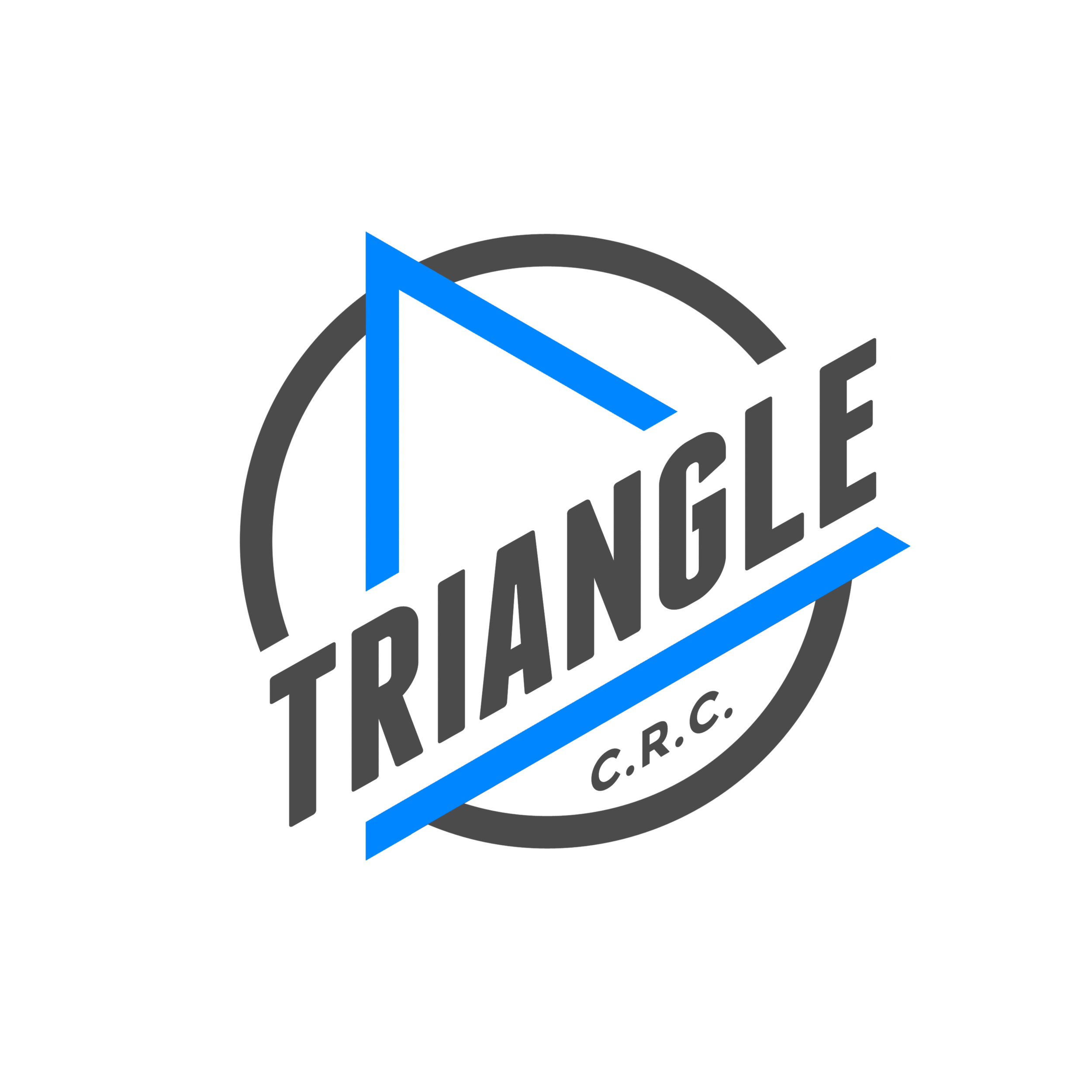5 Postpartum Things that are NOT Normal
While many "weird" things can happen to your body in the immediate postpartum phase that are perfectly normal physiological processes (like sweaty feet - your body is getting rid of excess fluid!), there are many things that happen which are common, but not normal.What's the difference? It is common for people to have achy knees as they get older; it is not normal. Normal joints do not ache, no matter what age they are. See the difference? The point here is that while a lot of women will experience the following issues, making them common, these are not normal.
You'll pee a little every time you laugh, sneeze, cough, jump, or run. This is not normal. This is known as stress incontinence and is a sign that there is dysfunction (likely weakness) in the pelvic floor muscles.
Your abs will never completely go back together. Approximately 2/3 of pregnant women will experience diastasis rectus abdominis (DRA, separation of the rectus abdominis muscles) during pregnancy. Some women will heal after about 8 weeks postpartum, but recent studies have shown that those who did not heal by 8 weeks and did not receive treatment still had DRA at 12 months postpartum. Receiving treatment (adjusting, myofascial release, activation exercises, and education) can actually help heal the abdominal wall.
Low back pain after childbirth is just one of those things you have to deal with. There are several factors that can likely contribute to postpartum back pain. The physical activity of labor is quite taxing on a woman's body - even those conscientious women who have worked hard to prepare their body for labor. After it's over, a woman's body undergoes a relatively rapid transformation back to its non-pregnant state. Many women who labor in hospitals spend the majority of their labor and delivery on their backs in a semi-reclined position. This posture of lumbar flexion is one of the best postures for creating a disc derangement or herniation.
Breastfeeding hurts: your breasts, your back, your neck, your arms. This is extremely common, and a large contributor for women to stop breastfeeding before the recommended 1-2+ years. If breastfeeding hurts your breasts, do these two steps as soon as possible: meet with a Lactation Consultant (LC) and take your baby to the chiropractor. Adjusting babies doesn't look like adjusting adults: no popping noises, just gentle pressure. A baby with a sore neck doesn't like opening his or her mouth very wide, or may not like turning his or her head to nurse on both sides. Some chiropractors and some LC's can also check for lip or tongue ties. Meeting with an LC can also help alleviate back and neck pain, as helping improve the little one's latch can prevent the mother from adopting strange positions in order to feed her baby. Holding your baby to nurse shouldn't hurt your neck, back, or arms. Nurse at your chiropractor's office and ask for help with adjusting your posture so it is more comfortable.
The "Baby Blues" will go away on their own. You will experience a myriad of emotions after the birth of your child. That is perfectly normal. However, lingering feelings of sadness or depression are not normal. Postpartum depression is very serious and should be treated by a professional. You cannot take care of your family if you are not well yourself. If you don't know who to reach out to, ask your provider (chiropractor, midwife, OB) - they will typically have good resources for you.
If any of the aforementioned situations apply to you, get treated. With the exception of #5, a chiropractor with specific training can help with all of the above. No matter how many of your friends or family have experienced these issues, they are NOT normal, and are treatable issues.

